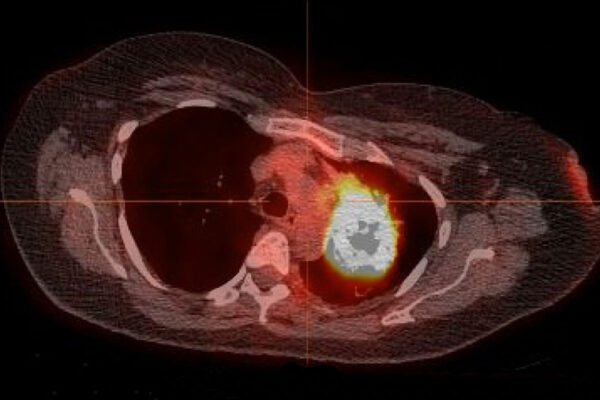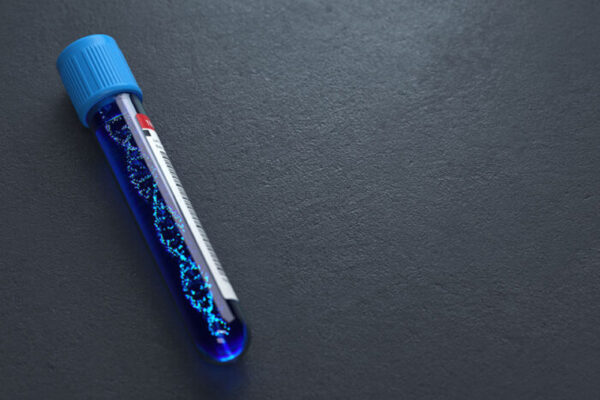Most cases of never-smokers’ lung cancer treatable with mutation-targeting drugs
A new study from Washington University School of Medicine estimates that 78% to 92% of lung cancers in patients who have never smoked can be treated with precision drugs already approved by the Food and Drug Administration to target specific mutations in a patient’s tumor.
Bolton receives cancer research foundation award
Kelly L. Bolton, MD, PhD, assistant professor of medicine at the School of Medicine, is one of six early-career physician-scientists to receive the 2021 Damon Runyon Clinical Investigator award from the Damon Runyon Cancer Research Foundation.
Bergom elected councilor-at-large for radiation society
Carmen R. Bergom, MD, PhD, associate professor of radiation oncology at Washington University School of Medicine, has been elected to a three-year term as a councilor-at-large for the Radiation Research Society.
Michalski elected president-elect of radiation oncology society
Jeff M. Michalski, MD, the Carlos A. Perez Distinguished Professor and vice chair and director of clinical programs in the Department of Radiation Oncology at the School of Medicine, has been elected president-elect of the American Society for Radiation Oncology board of directors.
Junior faculty conducting cancer research can seek grants
The School of Medicine is accepting applications for the American Cancer Society Institutional Research Grant to support junior faculty conducting cancer research pilot projects.
Liquid biopsies may aid diagnosis, treatment of bladder, nerve tumors
Two studies led by Washington University School of Medicine describe the potential of liquid biopsies to identify and track tumor growth in bladder cancer and peripheral nerve tumors. The studies demonstrate the possible benefits of this relatively new tool in the fight against cancer.
Apply for a SPORE in Leukemia grant
Applications are being accepted for the Specialized Programs of Research Excellence (SPORE) in Leukemia Career Enhancement Program. Interested junior researchers should apply by Sept. 15.
Jiang wins NIH grant for breast cancer research
Joy Jiang, assistant professor of surgery in the Division of Public Health Sciences at the School of Medicine, received a four-year $1.35 million MERIT award from the National Institutes of Health (NIH) for her project “Dynamic prediction incorporating time-varying covariates for the onset of breast cancer.”
Physical activity associated with better cognition in breast cancer patients
There is a strong association between high levels of physical activity and the ability to maintain cognitive function among breast cancer patients treated with chemotherapy, according to new research from Washington University School of Medicine.
Postdoc wins training grant
Joe Rowles, a postdoctoral research associate working with Gary Patti in chemistry in Arts & Sciences, won a Molecular Oncology Training Grant to support his participation in the Siteman Cancer Center’s Cancer Biology Pathway Program.
Older Stories





